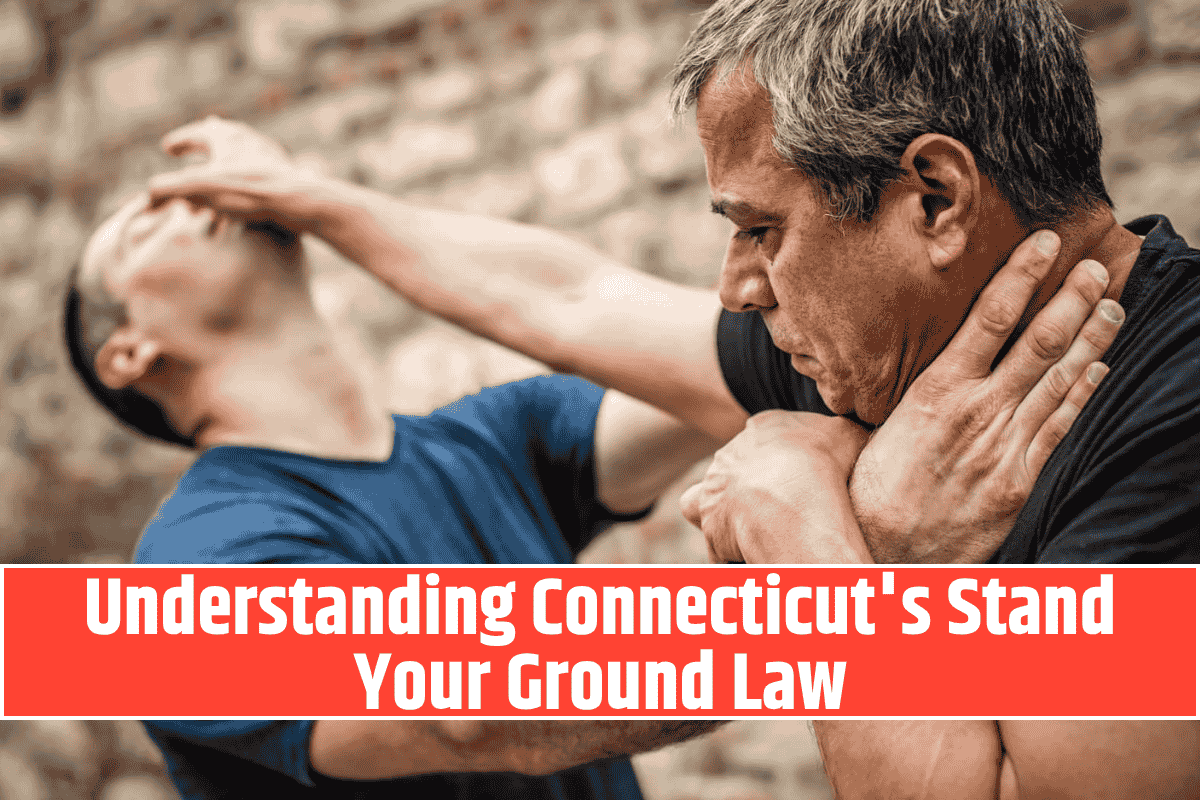Self-defense is one of the most commonly used defenses against charges of assault and battery in Connecticut. As an affirmative defense, it allows you to admit that you committed the alleged acts but argue that your actions were justified in order to protect yourself, others, or your property from harm.
However, for self-defense to be valid under Connecticut law, you must demonstrate that you were threatened with imminent harm, did not provoke the attack, and had no safe way to retreat or remove yourself from the situation.
Understanding Connecticut Self-Defense Laws
In Connecticut, the laws surrounding self-defense allow individuals to use reasonable force to protect themselves, others, or their property from imminent harm. However, the use of force must be proportional to the threat faced, and the individual must not have been the initial aggressor.
Self-Defense and Defense of Others
When claiming self-defense, the person acknowledges using force that would typically be considered illegal but argues that the use of force was justified. To succeed in this defense, the defendant must show that:
They were under imminent threat of harm,
They did not provoke the attack,
They only used reasonable force necessary to protect themselves or others from harm.
The Connecticut Supreme Court’s State v. DeJesus (1984) ruling set the legal framework for determining when the use of force is justified and how much force is considered reasonable. The court stated that whether a person was justified in using force is a question of fact that considers the defendant’s perspective.
The jury must assess the situation based on what the defendant reasonably believed at the time, which involves considering the context and any immediate threats.
Use of Deadly Force
In cases of self-defense, deadly force may be used if the defendant reasonably believes that the attacker is using or is about to use deadly force against them. However, the use of deadly force is not justified if the defendant knows they can safely avoid using it by:
Retreating (unless they are in their home or office and are not the initial aggressor),
Surrendering possession of property that the aggressor claims to own,
Obeying a demand not to take an action they are not otherwise required to take.
The key takeaway here is that deadly force is only justified if it’s necessary to prevent death or serious bodily injury, and if no other reasonable option exists.
Defense of Property
Connecticut’s self-defense laws also allow individuals to protect their property, but only under certain circumstances. You are justified in using reasonable force to prevent a criminal trespass or protect property from theft, larceny, or destruction.
Deadly force is generally not allowed in these cases, meaning that while you can defend your property, using deadly force is not permitted unless you are directly threatened with harm.
Stand-Your-Ground and the Duty to Retreat
Connecticut has a limited Stand Your Ground law, which only applies in very specific situations. Generally, Connecticut law requires individuals to retreat from a threat if they can do so safely and without putting themselves or others at risk of harm. This duty to retreat applies unless the individual is in their home or office.
However, there are important exceptions to this duty to retreat, where a person can stand their ground without needing to retreat:
Deadly Force Threat: If you reasonably believe that you are facing a deadly force threat (even if the assailant is not armed with a weapon), you do not have to retreat.
Trespassers: If someone unlawfully enters your home or office, and you reasonably believe deadly force is necessary to prevent a violent crime (such as arson or a felony), you do not have a duty to retreat.
Unlawful Entry: If there is an unlawful entry into your home or office, and you believe deadly force is necessary to stop the intruder, you do not need to retreat.
These are the only circumstances in which Connecticut law allows an individual to stand their ground and use force without first attempting to retreat.
Connecticut does not have a full Stand Your Ground law like some other states. Instead, it maintains a duty to retreat principle in public spaces, meaning you must retreat if possible to avoid using force.
However, the state does recognize a limited Stand Your Ground defense under specific circumstances, such as when you are confronted with deadly force, when protecting your home or office, or when an unlawful entry is made. In these situations, you are legally allowed to defend yourself or your property without first attempting to retreat.
Connecticut’s self-defense laws ensure that individuals have the right to protect themselves but emphasize the importance of reasonableness and proportionality in the use of force. Understanding these laws is essential for anyone seeking to defend themselves or others in potentially dangerous situations.












